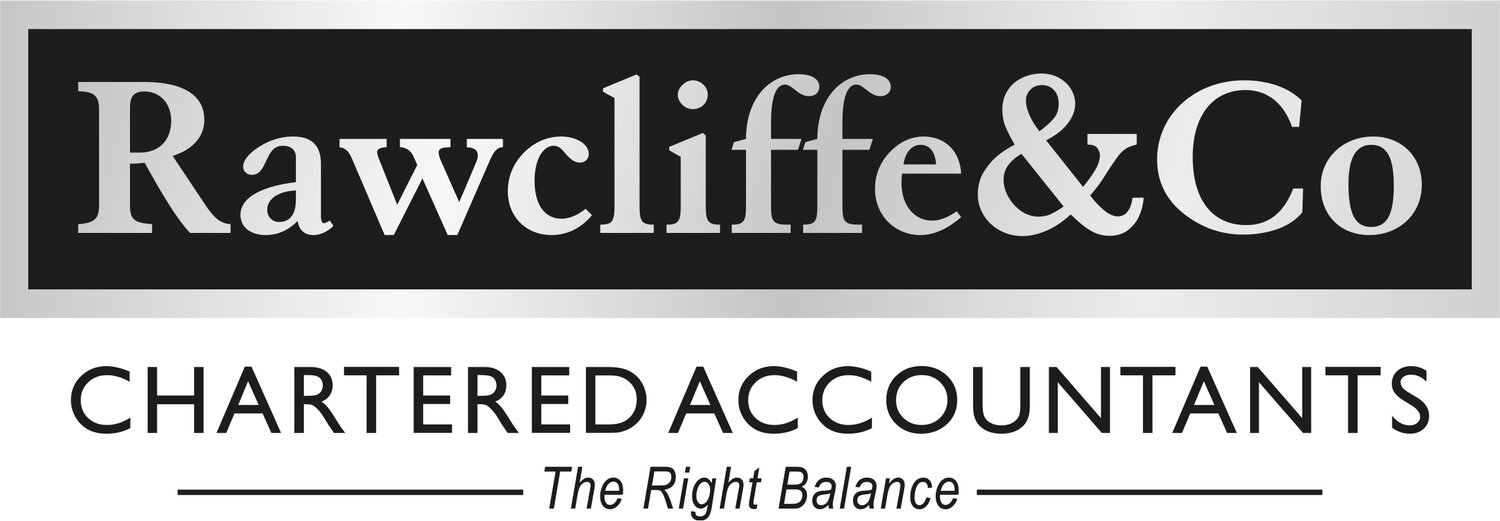New Personal Service Company Rules Start This Month
The "off-payroll" working rules that apply to certain workers supplying their services to clients via their own personal service companies start from 6 April 2021.
Under this new regime end user businesses will be required to determine whether that individual would have been treated as an employee or not if directly engaged. This will be a significant additional administrative burden on the large and medium-sized businesses to whom the new rules apply. This is a complex area based on different decisions by the courts and HMRC suggest that end user organisations use the CEST (Check Employment Status for Tax) online tool on their website to help with the determination. The end user business is then required to issue the worker with a Status Determination Statement setting out the reasoning for their decision, a copy of which is also given to any agency supplying the worker if relevant.
The determination notifies the agency that PAYE and NIC should be deducted from payments to the worker’s personal service company. That information should be passed down the labour supply chain if other entities are involved, and the ultimate fee payer is liable for making the tax and NIC deductions. If HMRC are unable to collect the tax from the fee payer, the liability will pass up the labour supply chain thus encouraging the end user organisation to carry out due diligence to limit their exposure.
Please contact us if you need assistance in complying with the new rules.
No Change For “small” Employers
“Small” businesses will be outside of the new obligations and services supplied to such organisations will continue to be dealt with under the current IR35 rules with the worker and his or her personal service company effectively self-assessing whether the rules apply to that particular engagement.
The definition of “small” is based on the existing Companies Act 2006 definition. That is where the business satisfies 2 or more of the following features:
· Annual turnover of £10.2million or less
· Balance Sheet total of £5.1 million or less
· 50 employees or less
Uber Drivers Are Workers Not Self Employed
The Supreme Court has ruled that drivers for the ride hailing App Uber are workers not self-employed individuals and hence are entitled to holiday pay, pension rights and the right to be paid the national minimum wage. This case will have implications for other workers in the "gig" economy and may also have a bearing on the tax status of such workers. HMRC will certainly be taking an interest in the Supreme Court ruling. Note that tax law doesn’t necessarily follow employment law, but the boundaries are becoming increasingly blurred making it difficult to determine an individual's employment status with absolute certainty.
The court determined that the drivers were in a position of subordination to Uber. The only way the worker could increase their earnings would be to work longer hours as Uber set the fare charged to the customer. This indicates that the driver is under the control of Uber, a key factor in determining employment status. However, it could be argued that there is limited Mutuality of Obligation as the drivers are able to refuse certain rides, although that may result in sanctions by Uber.
The Rawcliffe & Co team is available via phone or email Monday to Thursday 9-5pm and 9 – 4:30pm on Fridays.
Tel: 01253 798812
Email: info@rawcliffeco.com

